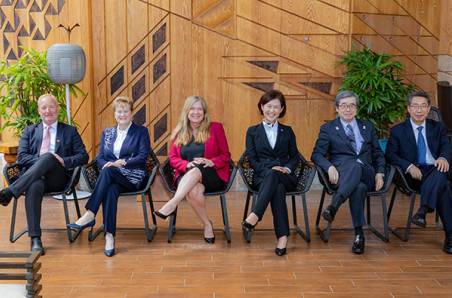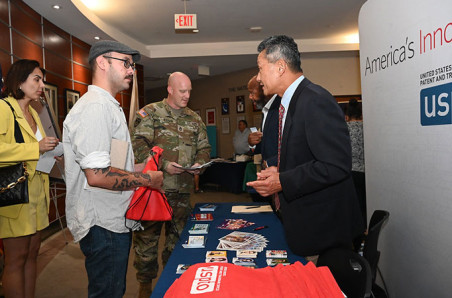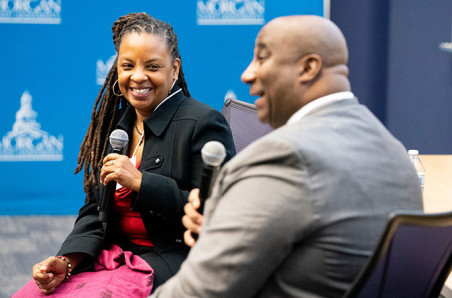On behalf of the USPTO, I want to express our gratitude for your patience while we work to mitigate the effects of the CrowdStrike IT outage. This event has significantly affected millions of users globally, and thousands within our USPTO workforce.
Director's Blog
Director's picks
Recent Posts

Major Kayley Squire, an Air Force strategic policy fellow and the USPTO’s outgoing senior military advisor, spoke recently with Public Affairs Specialist Christy Whitaker about Squire’s Air Force fellowship with the USPTO and the role she played in enhancing the agency's military outreach initiative.

An efficient and reliable intellectual property (IP) system is critical to innovating, brand building, creating jobs, and solving problems, both here in the United States and around the world. That is why, in addition to our critical policy work—including issuing guidance, engaging in rulemaking, participating in international measures and treaties, providing technical assistance to Congress, and working in the courts—we at the United States Patent and Trademark Office (USPTO) have been laser-focused on our operations, including, importantly, pendency.

At the USPTO headquarters in Alexandria, Virginia, Commissioner for Patents Vaishali Udupa recently sat down with Kiesha Bryant, Director of Technology Center 3700 (mechanical engineering, manufacturing, gaming, and medical devices/processes) and a hiring director at the agency, to discuss the hiring of patent examiners.

Since I began my tenure over two years ago, the USPTO has worked feverishly to increase American innovation and entrepreneurship.
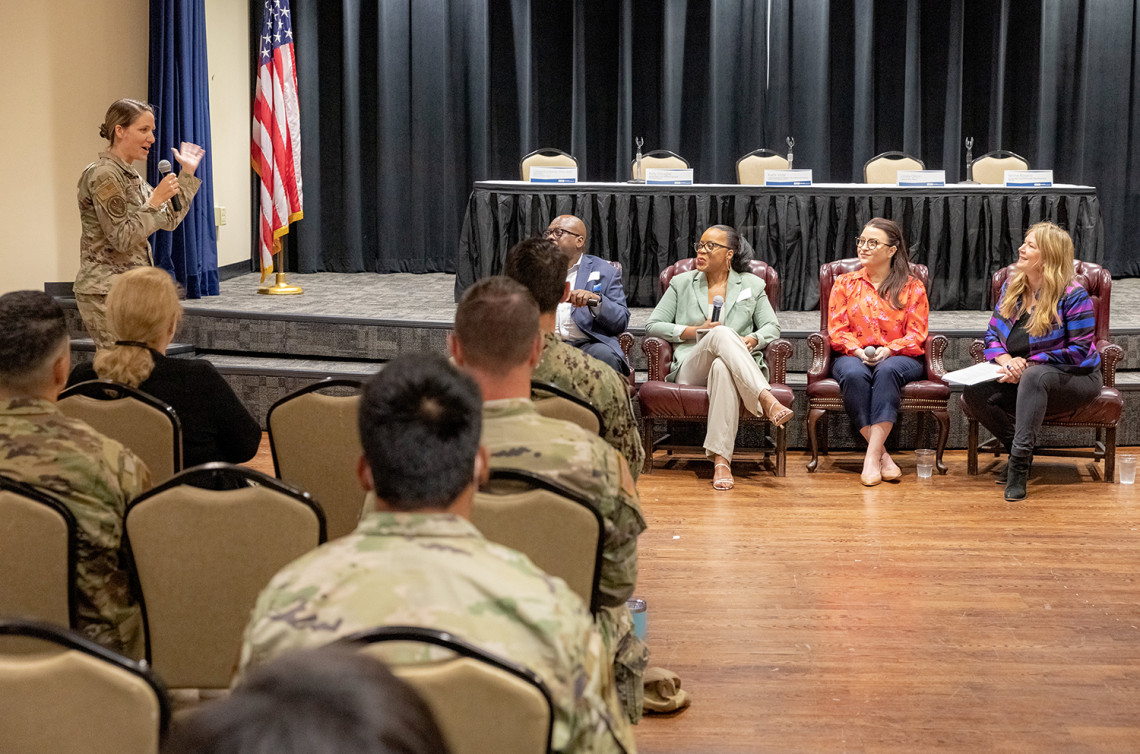
Did you know U.S. veteran-owned businesses generate $1 trillion annually, employing 3.6 million people? As part of President Biden’s commitment to veterans, military families, and caregivers, the Commerce Department’s U.S. Patent and Trademark Office (USPTO) is at the forefront of providing intellectual property (IP) and entrepreneurship guidance to service members on active duty, military spouses, National Guardsmen, Reservists, veterans, and military family members around the world.
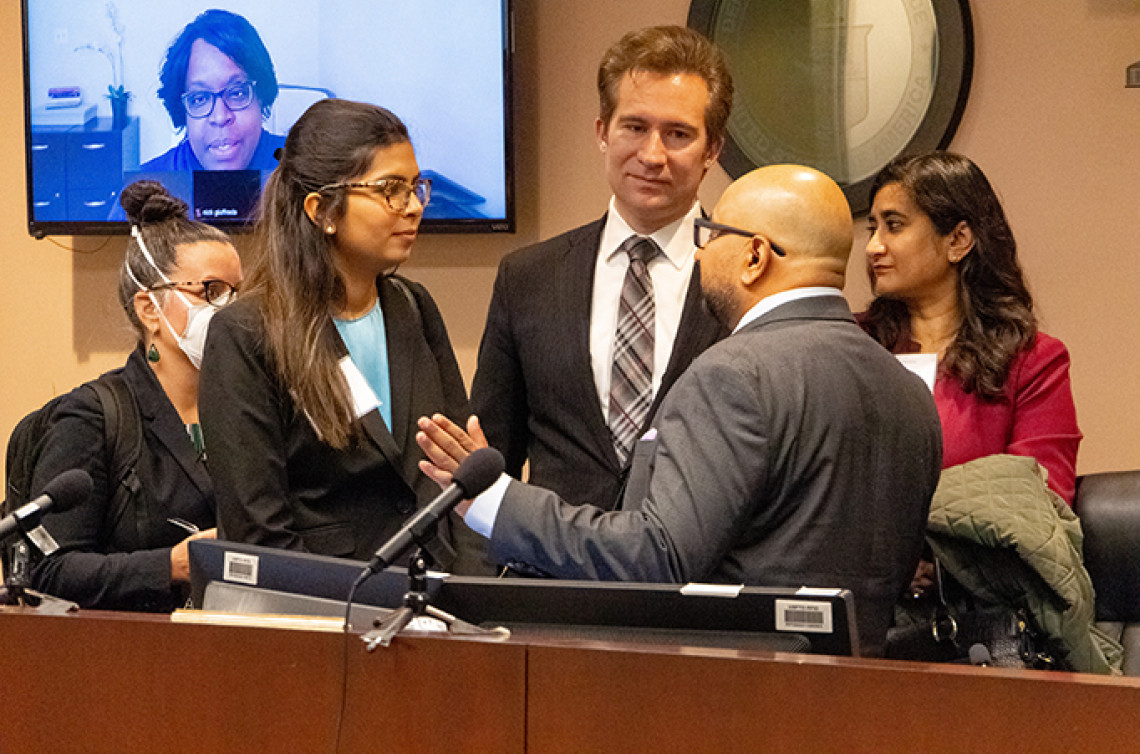
Since the moment I was sworn in as Director of this great agency two years ago, I have been guided by the conviction that we must open the doors of opportunity in the innovation community to everyone, not just a select few. Only when every inventor and entrepreneur has an equal chance to bring their new ideas and products to the global marketplace, on a level playing field, does our nation truly thrive.



